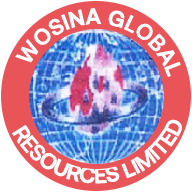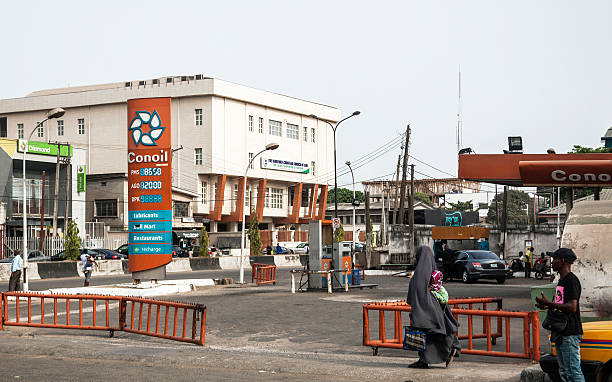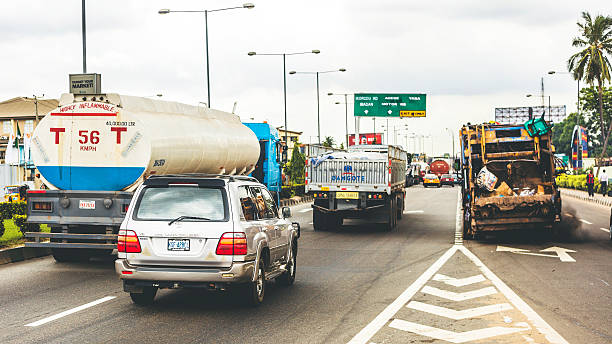The oil and gas industry remains the backbone of Nigeria’s economy, driving foreign exchange earnings, powering industries, and providing millions of jobs across the value chain. Yet, the sector also faces enormous safety challenges that cannot be overlooked. From pipeline vandalism and illegal bunkering to occupational hazards in offshore and onshore operations, the Nigerian oil and gas sector requires a robust commitment to safety if it is to continue fuelling the nation’s growth sustainably.
Safety in oil and gas supply is not just a regulatory requirement; it is a moral and operational imperative. The industry operates in a high-risk environment where accidents, if not prevented, can lead to catastrophic consequences, including loss of life, environmental degradation, and severe economic disruption. For Nigeria, a country still grappling with infrastructural gaps and security concerns, the need for a strong safety culture in oil and gas supply has never been more urgent.
The Safety Challenges in Nigeria’s Oil and Gas Sector
Several safety issues persist across Nigeria’s oil and gas value chain:
- Pipeline Vandalism and Sabotage – Criminal interference with oil and gas pipelines leads to product loss, environmental pollution, and fire outbreaks, endangering lives and property.
- Inadequate Infrastructure – Ageing pipelines, storage depots, and transportation networks heighten risks of leakage, corrosion, and mechanical failure.
- Occupational Hazards – Workers are exposed to high-pressure operations, hazardous chemicals, and extreme environments that require strict compliance with international safety standards.
- Regulatory Non-Compliance – While Nigeria has regulatory bodies such as the Department of Petroleum Resources (now Nigerian Upstream Petroleum Regulatory Commission) and the Nigerian Midstream and Downstream Petroleum Regulatory Authority, enforcement remains uneven.
- Community Unrest – Host communities often demand stronger safety measures, environmental responsibility, and fair economic participation, making stakeholder engagement essential.
These challenges underscore why companies in the sector must embrace world-class safety practices to safeguard people, assets, and the environment.
WOSINA’s Role in Strengthening Safety
WOSINA, as an emerging indigenous company with diverse investments in oil and gas supply, logistics, facility management, and other strategic ventures, recognises that safety is at the heart of sustainable operations. The company approaches safety in oil and gas supply not as a box-ticking exercise but as a deeply integrated philosophy that guides its decisions, structures, and practices.
1. Board-Driven Safety Culture
At WOSINA, corporate governance provides the foundation for safety. The company’s board structure ensures that compliance, ethics, and risk management are given priority in all operational areas. Safety is not relegated to operational teams alone but is overseen from the top, aligning business strategies with global safety benchmarks.
2. Compliance and Standards
WOSINA adheres strictly to Nigerian and international regulations governing oil and gas supply. By aligning with best practices from the International Association of Oil & Gas Producers (IOGP), the company integrates risk assessment, hazard control, and environmental monitoring into daily operations.
3. Technology and Equipment
Recognising the risks of inadequate infrastructure, WOSINA invests in up-to-standard equipment and machinery to reduce mechanical failures and enhance operational reliability. Modern storage and distribution systems, coupled with real-time monitoring, strengthen the company’s ability to mitigate risks before they escalate.
4. Logistics and Secure Distribution
As part of its diversification strategy, WOSINA has established a logistics company that directly supports safe oil and gas distribution. The logistics arm deploys new trucks, advanced fleet management systems, and trained personnel to ensure that petroleum products are transported with minimal risk of accidents or leakages.
5. Stakeholder Engagement
WOSINA recognises the importance of community involvement in safety. The company works to maintain open dialogue with host communities, regulators, and industry stakeholders to ensure that its operations reflect shared priorities: safety, environmental sustainability, and economic empowerment.
6. Human Capital Development
People remain the most critical safety asset. WOSINA invests in continuous training for staff, equipping them with the technical knowledge and safety consciousness required for oil and gas supply. Through regular safety drills, awareness programmes, and professional certifications, employees are empowered to operate responsibly and confidently.
Why Safety Matters for the Future
The global energy transition is gradually shifting focus from fossil fuels to renewable alternatives, but Nigeria’s reliance on oil and gas will remain significant for years to come. In this context, safety is not only about compliance; it is about future-proofing the industry. Companies that cannot guarantee safe operations will find it increasingly difficult to compete, attract investment, or gain community trust.
WOSINA understands that its long-term sustainability depends on a resilient safety culture. By embedding ethics, governance, compliance, and risk management into its operations, WOSINA is positioning itself as a reliable partner in Nigeria’s oil and gas supply chain. The company’s emphasis on secure logistics, trained personnel, and stakeholder collaboration further demonstrates its commitment to raising the bar on safety standards.
Conclusion
Safety in Nigeria’s oil and gas supply chain is not optional; it is indispensable. With the sector confronting challenges ranging from vandalism to regulatory lapses, companies that prioritise safety will be the ones to thrive in the evolving energy landscape. WOSINA, through its integrated approach that combines governance, compliance, investment in infrastructure, and community engagement, is demonstrating leadership in this crucial area.
By making safety a corporate priority, WOSINA is not only protecting lives and the environment but also building a legacy of trust, responsibility, and sustainable growth in Nigeria’s oil and gas sector.


